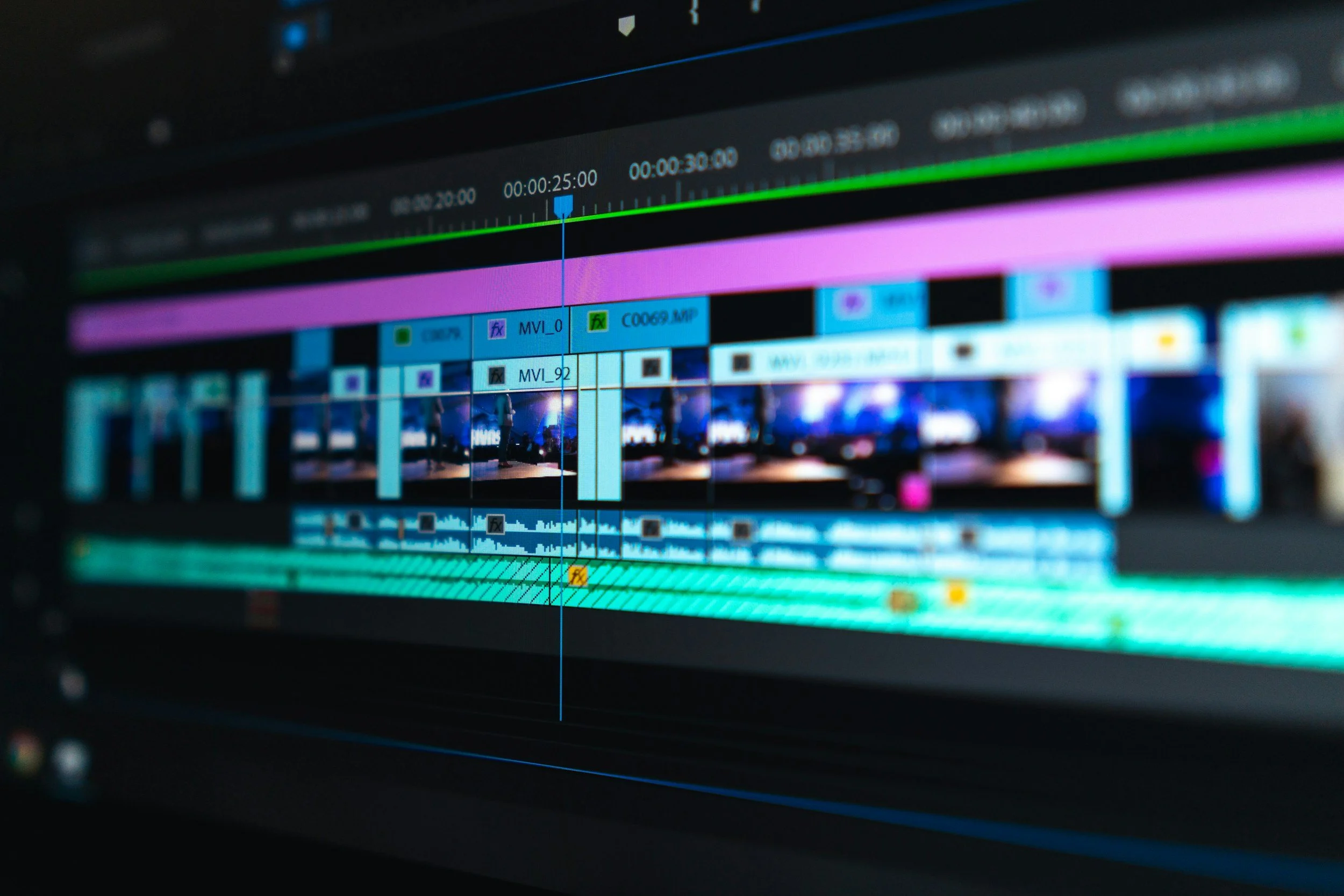Detroit Opera Reimagines Mozart’s Così fan tutte Through the Lens of AI and Tech
Image Source: Detroit Opera
The Detroit Opera House debuted a new production of Wolfgang Amadeus Mozart’s “Così fan tutte” on April 5, 2025, for three performances, directed by Yuval Sharon, the company’s artistic director. This version replaces the traditional overture with a staged tech company product launch, framing the 1790 opera as a commentary on artificial intelligence and its impact on human relationships. The approach aims to connect Mozart’s work to modern technological themes.
[Read More: Sony Music Removes 75,000 AI Deepfakes, Céline Dion Slams Unauthorized Tracks]
AI as the Narrative Core
The production reimagines Don Alfonso, originally a philosopher, as the CEO of SoulSync Technologies, a fictional AI firm. Fiordiligi and Dorabella, the opera’s female leads, are presented as AI-powered automatons created by engineers Ferrando and Guglielmo to serve as “perfect companions”. Sharon describes Alfonso as reflecting attitudes in the tech industry, where some view AI as a way to address human flaws. He suggests Alfonso’s belief in technology mirrors debates about AI’s potential to mimic or surpass human behaviour, prompting audiences to question the boundaries between programming and emotion.
[Read More: Thailand Dhurakij Pundit University Explores AI Music Creation with Suno AI]
Reinterpreting the Opera’s Themes
“Così fan tutte”, the last of Mozart’s collaborations with librettist Lorenzo Da Ponte, mixes comedy with a plot that has stirred debate for its perceived cynicism, particularly toward women. The title, translating to “Women are Like That”, ties to Don Alfonso’s claim that women are unfaithful, which some interpret as misogynistic. Sharon argues the opera critiques this view, with Mozart’s music distancing audiences from Alfonso’s perspective. By casting the women as AI creations, the production shifts focus to questions of autonomy, exploring whether programmed entities can develop independent emotions, thus reframing the opera’s gender dynamics.
[Read More: Donny Osmond’s AI-Enhanced Residency at Harrah’s Las Vegas Extended Through 2025]
Character Development and AI Evolution
Singers Olivia Boen (Fiordiligi) and Emily Fons (Dorabella) portray the automatons, while Joshua Blue (Ferrando) and Thomas Lehman (Guglielmo) play the engineers. Sharon notes that the female characters start with mechanical traits but appear to gain emotional depth, suggesting a form of emerging consciousness. Conversely, the male characters reveal static qualities over time. Lehman, performing Guglielmo, says the concept balances the narrative by emphasizing the women’s agency, differing from the original’s male-centric tone. Fons, as Dorabella, compares the automatons’ growth to human learning, highlighting parallels between programming and social conditioning.
[Read More: AI Restores John Lennon's Voice After 43 Years]
Historical Context and Modern Relevance
The production draws on a scene in the original opera where a magnet, referencing 18th-century physician Franz Mesmer’s theories, treats the suitors’ feigned illness. Sharon links this to modern AI discussions, noting Mesmer’s view of humans as machine-like resonates with today’s questions about technology and identity. The staging presents AI neutrally, neither glorifying nor condemning it, but using it to examine human nature. This approach aims to make the opera accessible to audiences unfamiliar with its historical context while engaging with current technological debates.
[Read More: Taylor Swift Tops Spotify AI Charts: Talent or Algorithm? Fans and Critics Weigh In]
Tone and Audience Experience
The production retains the opera’s comedic tone while addressing AI’s ethical questions. Sharon includes plot surprises in Act II, and the program omits a full synopsis after Act I to preserve these twists, noting audiences should “enjoy the drama as it unfolds”. Conducted by Corinna Niemeyer in her U.S. debut, the opera is performed in Italian with English subtitles, ensuring clarity for diverse viewers. The focus remains on blending Mozart’s score with a tech-driven narrative.
[Read More: AI Music Industry Surged to Billions in Growth in 2024]
Broader Cultural Engagement
On April 12, 2025, Detroit Opera partnered with the University of Michigan’s Robotics and School of Music, Theatre & Dance for a symposium, “Beyond Human: AI, Opera, and the Art of Machine Expression”. The event explored AI’s role in art, aligning with the production’s themes and aiming to foster public discussion. Such efforts reflect the opera company’s interest in connecting historical works to contemporary issues.
[Read More: Gary Numan Explores AI's Impact in Upcoming Album]
Source: AP News, University of Michigan










